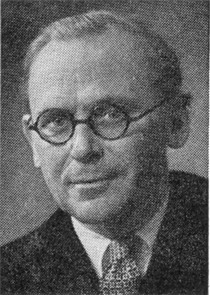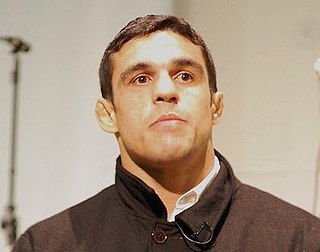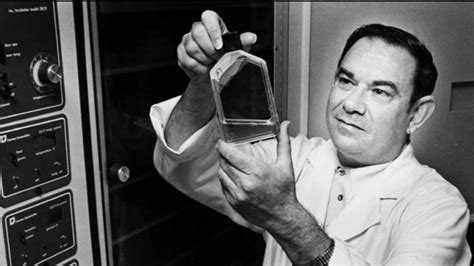A Quote by E. B. White
The time not to become a father is eighteen years before a war.
Related Quotes
The same costume will be Indecent ten years before its time, Shameless five years before its time, Outre (daring) one year before its time, Smart (in its own time), Dowdy one year after its time, Ridiculous twenty years after its time, Amusing thirty years after its time, Quaint fifty years after its time, Charming seventy years after its time, Romantic one-hundred years after its time, Beautiful one-hundred-and-fifty years after its time.
I remember the first time I went to Italy when I was eighteen, I was in Florence and there were all these eighteen, nineteen, twenty-year-olds gliding past on Vespas with crinkly, long, hair, and I thought I was on the set of a movie. I couldn't believe that this was going on and I hadn't known about it before. I was flabbergasted.
If time came before me, time is not before the Word, whose Begetter is atemporal. When the beginningless Father was there, leaving nothing superior to His divinity, then also was there the Father's Son, having in the Father a timeless beginning, like the sun's great circle of overwhelming clear light.
During my childhood and teenage years, everything I knew was at war. My mother and father were at war. My sister and I were at war. I was at war with my atypical nature, desperately trying to fit in and be normal. Even my genes were at war - the cool Swiss-German side versus the hot-headed Corsican.
The cause of the great War of the Rebellion against the United States will have to be attributed to slavery. For some years before the war began it was a trite saying among some politicians that "A state half slave and half free cannot exist." All must become slave or all free, or the state will go down. I took no part myself in any such view of the case at the time, but since the war is over, reviewing the whole question, I have come to the conclusion that the saying is quite true.
My father was and is a great journalist. Thirty years ago, I was studying broadcasting in college, and the problem was I wasn't nearly as good as my father. I wasn't as quick or as smart as my old man, and I realized it would be a long time before I was ever going to be, and I decided to do something else.
My father died five days before I returned to New York. He was only fifty-three years old. My parents and my father's doctor had all decided it was wiser for me to go to South America than to stay home and see Papa waste away. For a long time, I felt an enormous sense of guilt about having left my father's side when he was so sick.






































